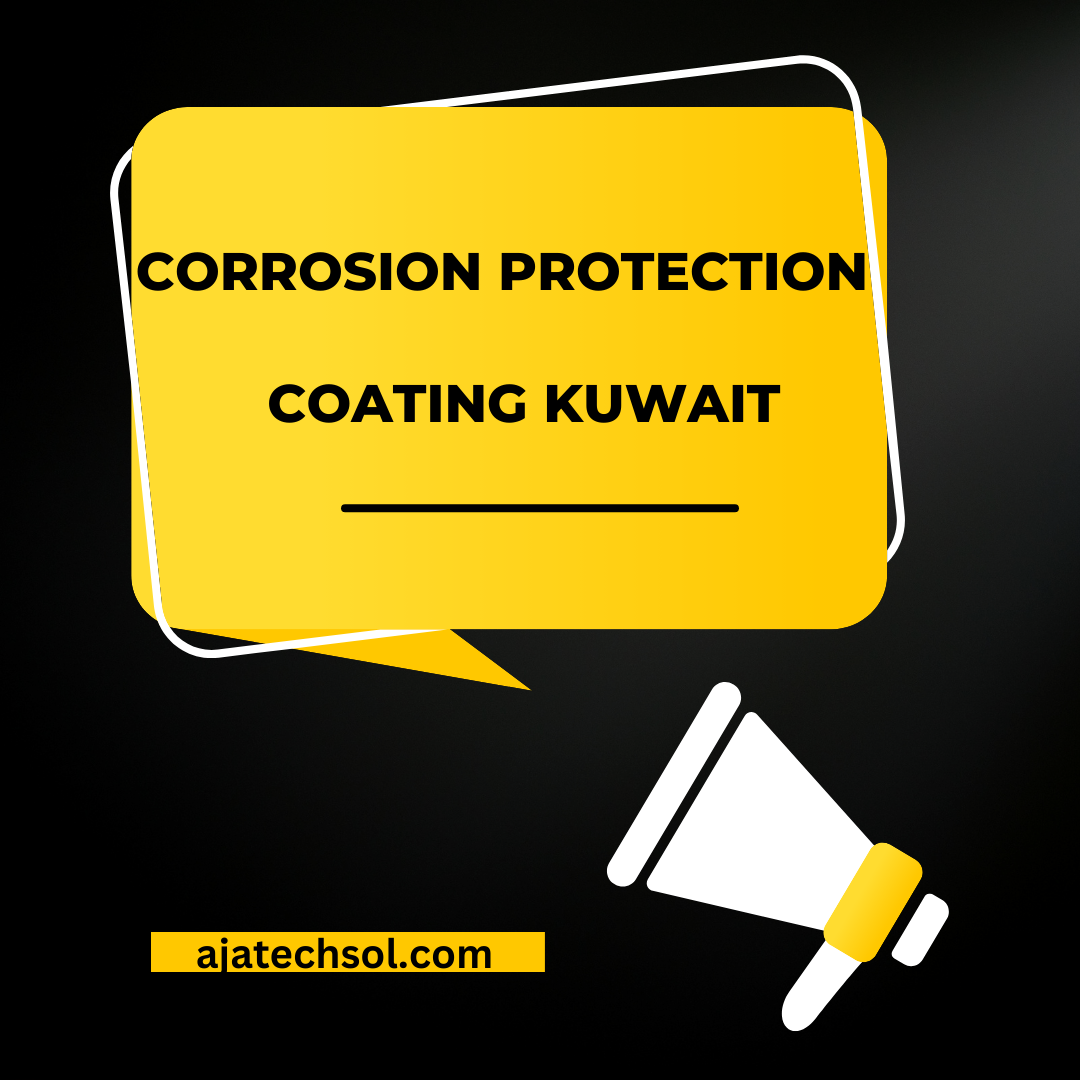
Corrosion Protection Coatings in Kuwait: Ultimate Guide 2024
Kuwait, with its extensive coastline and arid climate, presents unique challenges for infrastructure asset management. The relentless sun, salty air, and occasional sandstorms can accelerate material degradation through a process known as corrosion. This can lead to costly repairs and replacements of essential structures like bridges, pipelines, buildings, and industrial equipment. Here's where corrosion protection coatings come in – a vital defense mechanism that safeguards Kuwait's metallic assets.
The Corrosive Environment of Kuwait
Corrosion is the deterioration of a material, typically metal, due to its reaction with the environment. In Kuwait, the primary reasons are:
- Salt Spray: Coastal areas are particularly susceptible to salt spray, which acts as a powerful corrosion accelerator.
- High Temperatures: The scorching desert heat increases the rate of chemical reactions, including corrosion. This is known as the Arrhenius equation effect.
- Windblown Sand: Sand can act as an abrasive, causing erosion and wearing down protective layers, exposing bare metal to the harsh environment.
- Humidity: While not as prevalent as heat, occasional humidity can create a conducive environment for corrosion, especially when combined with airborne pollutants, leading to electrochemical corrosion.
These factors working together can significantly shorten the service life of structures.
How Coatings Protect Against Corrosion?
Corrosion protection coatings act as a barrier between the metal surface and the environment. They function in several ways:
- Barrier Effect: The coating forms a physical barrier, preventing moisture, salt, and other contaminants from reaching the metal, hindering the corrosion initiation process.
- Sacrificial Protection: Some coatings, like zinc, corrode preferentially, protecting the underlying metal in a process called galvanic cathodic protection. As the zinc layer degrades, it signals the need for reapplication.
- Passivation: Certain coatings, like chromates (though with environmental limitations as discussed below), create a passive layer on the metal surface, hindering corrosion reactions through passivation.
Types of Coatings for Kuwait's Needs
The best coating for a particular application depends on various factors like the type of metal, the specific environmental conditions, and the desired lifespan. Here are some common choices:
- Epoxy Coatings: Known for their excellent chemical resistance, adhesion, and impact strength. Commonly used for tanks, pipes, and offshore structures due to their ability to withstand harsh marine environments.
- Polyurethane Coatings: Offer good flexibility, abrasion resistance, and ultraviolet (UV) protection. Ideal for bridges, buildings, and marine applications where weather resistance is crucial.
- Zinc Coatings: A popular and cost-effective option, particularly for galvanized steel. Zinc acts as a sacrificial barrier, providing cathodic protection.
- Powder Coatings: Eco-friendly option with high durability and chemical resistance. Often used for electrical components and appliances due to their excellent dry film properties.
Sustainable Solutions for a Sustainable Future
While crucial for protecting infrastructure, some traditional coatings, like those containing chromates, raise environmental concerns due to their heavy metal content and disposal challenges. Kuwait is increasingly adopting safer alternatives that offer comparable protection, promoting sustainable infrastructure development.
The Long-Term Benefit: Why Coatings Matter for Kuwait
Corrosion protection coatings provide numerous benefits:
- Extended Lifespan: By preventing corrosion, coatings significantly increase the service life of metal structures, saving money on replacements and contributing to a more sustainable built environment.
- Reduced Maintenance: Properly coated structures require less frequent maintenance, leading to lower overall costs and improved operational efficiency.
- Improved Safety: Corrosion can weaken structures, posing safety hazards. Coatings ensure the structural integrity of buildings, bridges, and other critical infrastructure.
- Enhanced Aesthetics: Coatings can improve the visual appeal of structures, contributing to a more aesthetically pleasing environment.
Investing in a Protected Future
In conclusion, corrosion protection coatings are an essential investment for Kuwait's infrastructure asset management strategy. By understanding the threats posed by the Kuwaiti environment and choosing the right coating solutions, you can ensure the long-term durability, safety, and value of your metal assets. With a focus on innovation and sustainable practices, Kuwait can continue to safeguard its infrastructure for generations to come.
